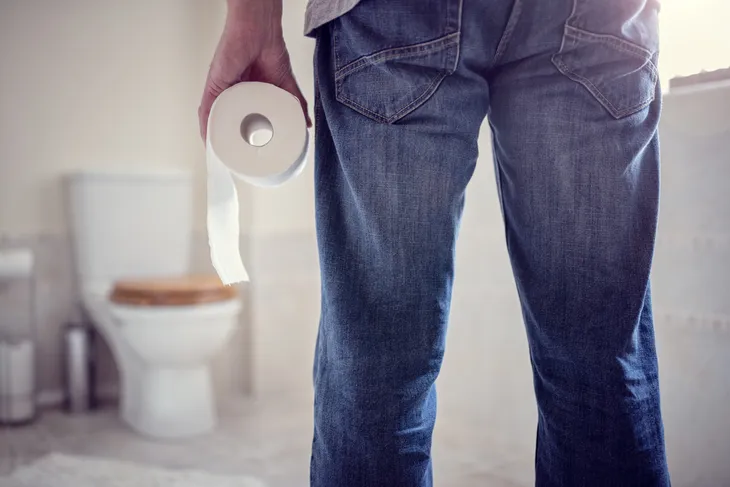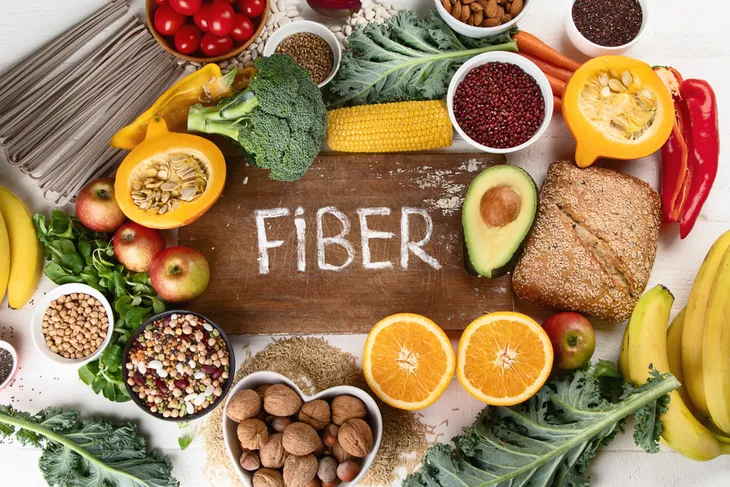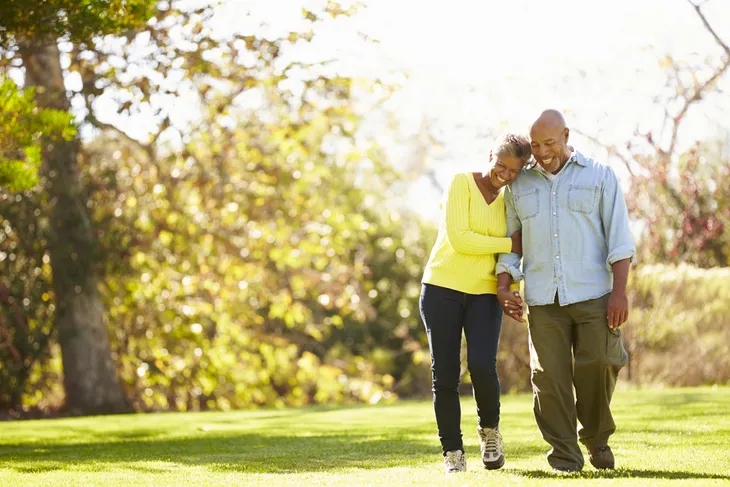If you’re prone to hemorrhoids, you know that itchy, burning sensation that makes it uncomfortable to sit almost anywhere. Hemorrhoids are tiny clusters of veins that develop under mucus membranes in the anus and rectum, but they’re just dormant (and don’t cause much strife) until pressure is applied and these vein clusters become inflamed.
To avoid the literal pain in the butt that is hemorrhoids, these five simple lifestyle changes can help…
Stay Hydrated
Studies show that hemorrhoids often develop after a bout of constipation. And the best way to prevent constipation is to stay well hydrated. In fact, research published by the National Institutes of Health found that patients with acute thrombosed external hemorrhoids were prone to “stagnation of blood and trauma to the anal vessels due to strain”…of forcefully attempting to pass a bowel movement.
According to the study findings, the rational approach to preventing hemorrhoids would be to eliminate the stress and strain of constipation in the first place. That means, drinking a lot of water to keep stool soft and bowel movements regular and healthy.
Don’t Hold it When You’ve Got to Go
Many of us hold our bowel movements—if we’re stuck in traffic, trying to finish a work project, or it’s just an inopportune moment. However, if you have the urge to go, don’t fight gravity, just find a washroom and go!
Research from the Cleveland Clinic shows that holding in a bowel movement for excessive periods can cause stool to dry up and harden in the bowel as the intestines leech water away.
Fiber Up
According to Prevention Magazine, the best thing you can do to prevent hemorrhoids is to fill up on fiber. After all, research indicates that individuals with little dietary fiber in their eating regimen are prone to repeated bouts of constipation—and thus, at risk for hemorrhoids.
Your doctor has likely told you, especially as you age, that fiber is the key to regularity. In fact, U.S. Dietary Guidelines recommend roughly 30-grams of fiber per day—from food. Sources such as whole grains, fruits (with peels), beans, legumes, and veggies will provide adequate fiber.
Get Moving
Research from Harvard Health shows a direct correlation between an active lifestyle and decreased risk of hemorrhoids. For instance, exercise is the key to healthy, regular bowel movements, not to mention the fact that it prevents all sorts of chronic conditions (i.e., cardiovascular disease).
The source recommends approximately 30-minutes of daily cardiovascular exercise to keep your digestive system and bowels operating properly. You don’t have to run a marathon. Try walking after dinner or using your bike to cycle to and from the office to get in your daily aerobic activity.
Approach Exercise Gently…
Now, if you’re an individual who’s prone to developing hemorrhoids—you’ll want to approach any kind of physical activity with gentle caution. Start simple and take it easy on your body. For instance, any heavy lifting of weights can be counterproductive and cause undue strain on the body.
Start with gentle forms of exercise, and remember to breathe as you do any type of body weight exercise. Try gentle forms of yoga, walking, and swim aerobics to get your backside used to regular exercise.








